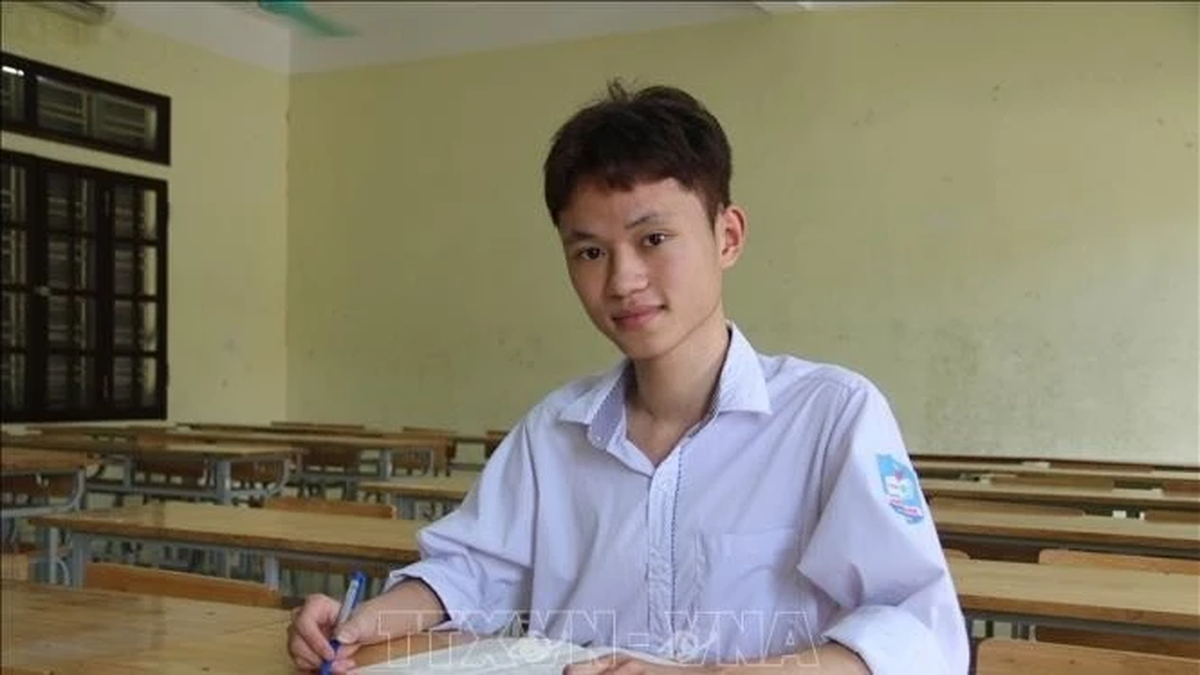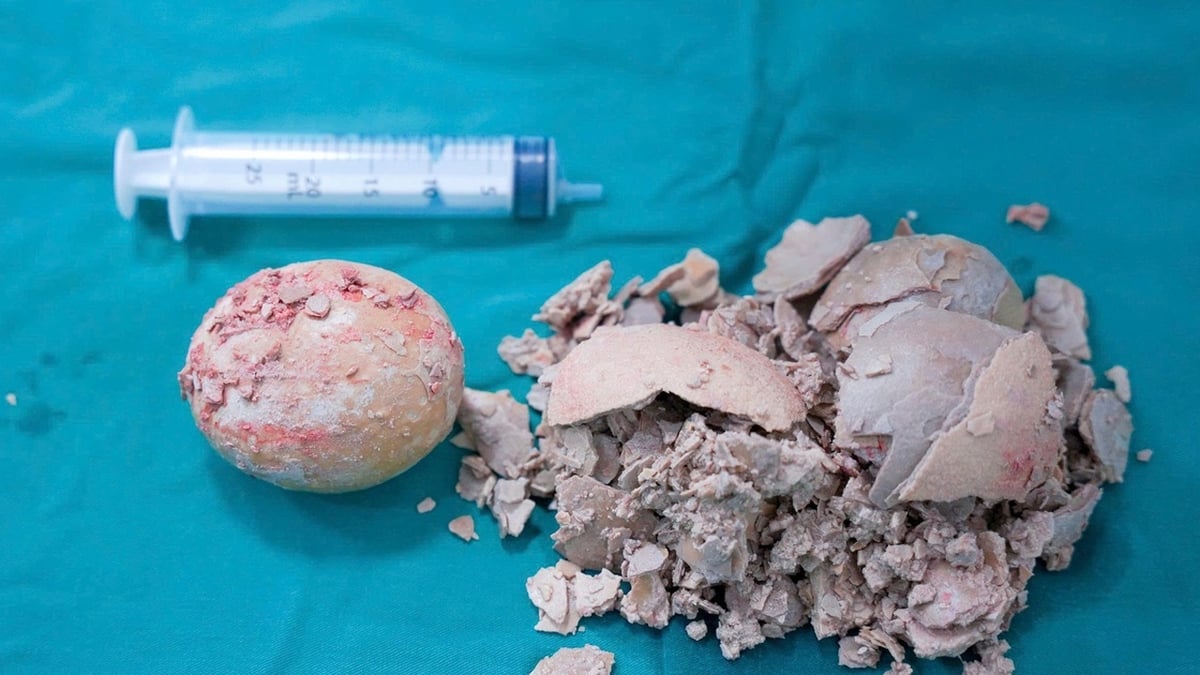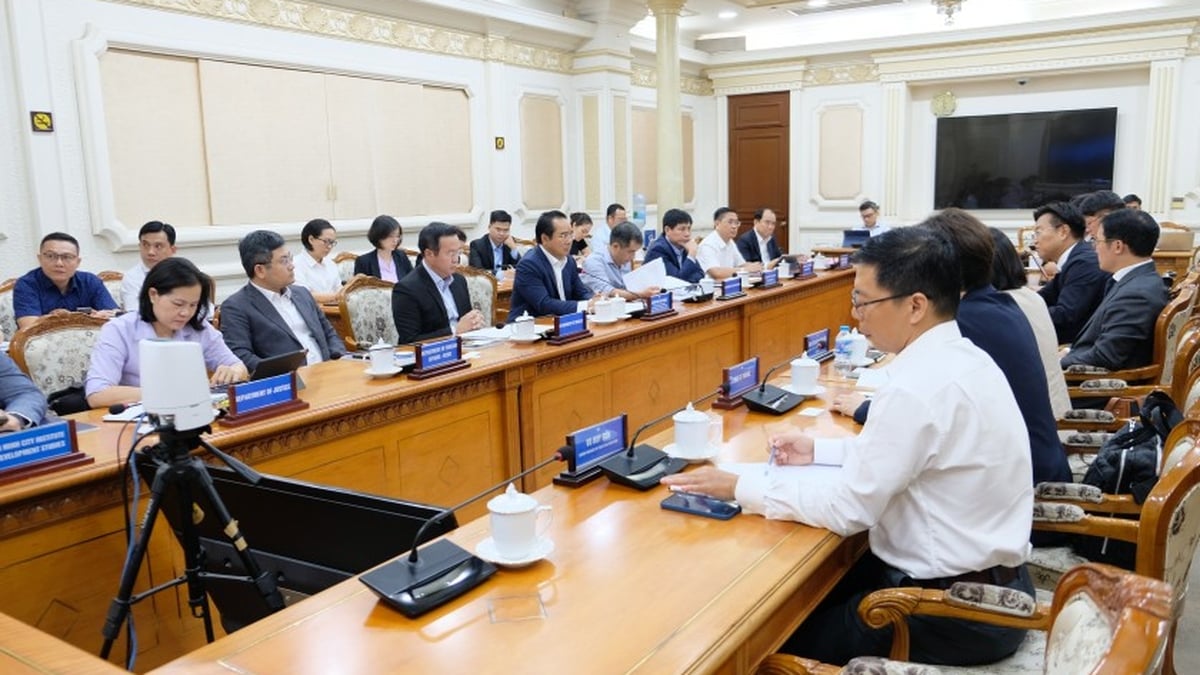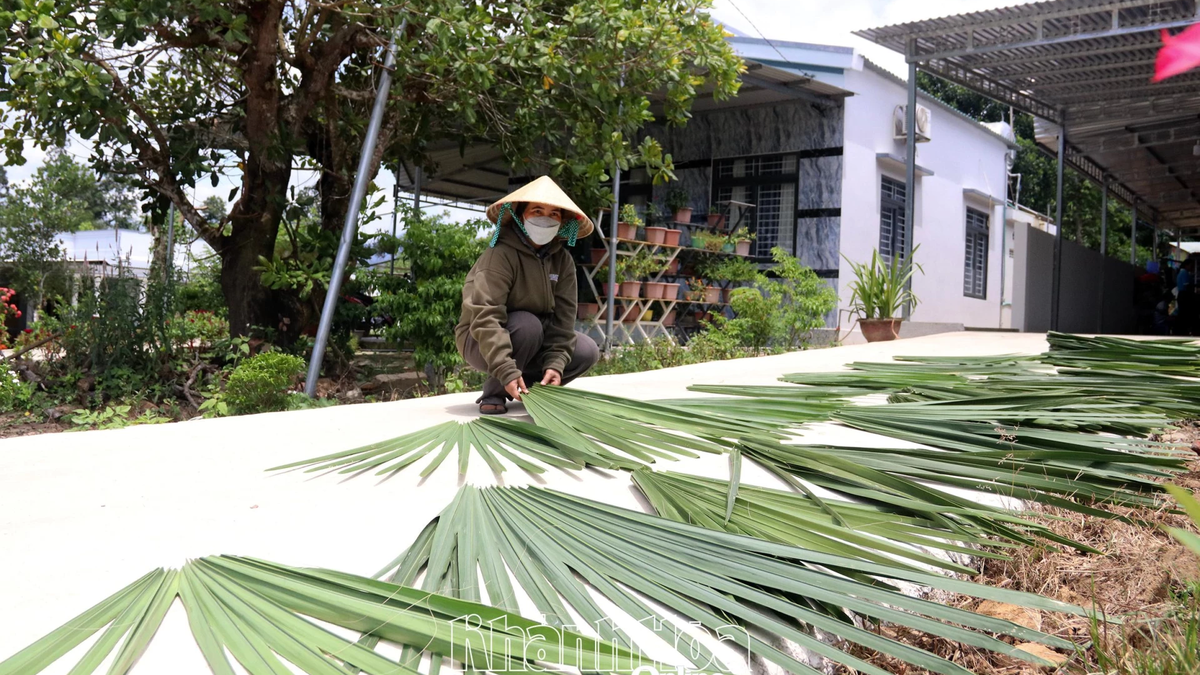Monday, February 6, 2023 20:15 (GMT+7)
(CPV) - On February 6, the Japanese Ministry of Foreign Affairs announced that the country has joined the price ceiling measure on Russian petroleum products.
The ministry's announcement stated that Japan is applying measures related to the import of crude oil and petroleum products produced in Russia at prices higher than the marginal level. Specifically, for high-grade oil products, it is 100 USD/barrel, for low-priced oil products, it is 40 USD/barrel.
Japan's measures take effect from February 6, except for previously concluded sales transactions where loading and unloading was completed before that date.
Previously, on February 5, the European Union (EU), the Group of Seven (G7) and Australia officially approved the decision to impose a price ceiling on Russian petroleum products transported by sea, at 100 USD for diesel fuel and 45 USD/barrel for discounted products.
In December 2022, the EU, its G7 allies and Australia also imposed a price ceiling on Russian crude oil exports by sea at $60 per barrel. According to the price ceiling regulations for Russian crude oil, the parties to the "Price Ceiling Alliance" will not provide insurance, financing and other services for Russian crude oil transported by sea if the purchase price is above $60 per barrel. The members of the "Price Ceiling Alliance" said they will closely monitor the effectiveness of the price and are ready to review and adjust the price when appropriate.
The EU said the price cap would be reviewed every two months, with an adjustment mechanism in place to keep it at least 5% below market levels. Meanwhile, the G7 and Australia said they would review the price cap on Russian crude in March.
Russian Deputy Prime Minister Alexander Novak said that the West's price cap on Russian oil was a "crude interference" that ran counter to the principles of free trade and would destabilize global energy markets. Moscow said it would continue to look for buyers for its oil, calling the move by Western governments to cap prices on Russian oil a "dangerous" move.
On December 27, 2022, Russian President Vladimir Putin signed a decree on retaliatory measures in response to countries imposing price caps on Russian oil exports. Moscow has banned the supply of Russian crude oil and petroleum products to countries that have imposed price caps in contracts.
The decree signed by President Putin takes effect from February 1, 2023 and is valid until July 1, 2023. The decree also prohibits deliveries if contracts directly or indirectly mention price ceilings./.
H.Ha (According to Reuters, Sputnik)
Source link




















































![[Maritime News] More than 80% of global container shipping capacity is in the hands of MSC and major shipping alliances](https://vphoto.vietnam.vn/thumb/402x226/vietnam/resource/IMAGE/2025/7/16/6b4d586c984b4cbf8c5680352b9eaeb0)













































Comment (0)